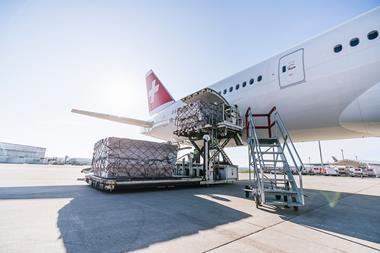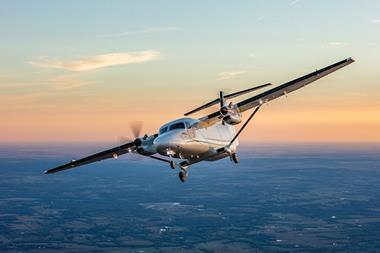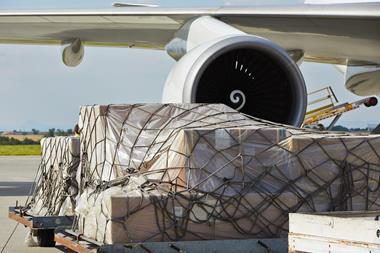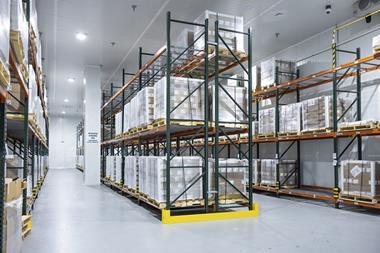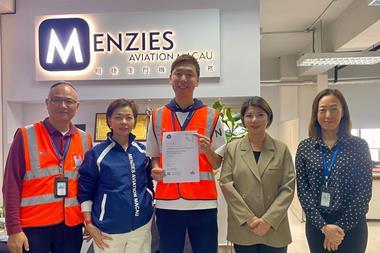Drone Delivery Canada (DDC) has completed the first flights in a commercial setting for the Canary remote piloted aircraft (RPA) on the Care by Air route, which is the company's longest ever commercial route at 13.4km.
DDC completed three round trip flights with the Canary on the Care by Air route, with all flights completed in accordance with the Canadian Aviation Regulations.
The third flight was completed in wind conditions where the Sparrow RPA would not have been flown, highlighting the improved flight dynamics of the Canary over the Sparrow, said the company.
Compared to its predecessor, the Sparrow RPA, the Canary showcased improved performance in several flight measures. The Canary completed the trip on the Care by Air route in less time (9% reduction in flight duration) and with less battery power consumption (42% less).
Additionally, the Canary recorded a noise level reduction of 46% compared to the Sparrow RPA.
The Canary flew the same route as the Sparrow, but future routes would be more efficient due to the Canary’s ability to fly over people which will allow for more direct customer routes leading to further reductions in flight time and improved utilisation.
“The successful commercial flights of the Canary on the Care by Air route marks a significant milestone for our company and the drone delivery industry as a whole,” said Steve Magirias, chief executive of Drone Delivery Canada.
“We are incredibly proud of our team’s dedication and innovation, which has allowed us to push the boundaries of what’s possible in the realm of drone logistics. The Canary’s impressive performance demonstrates its immense potential to revolutionize healthcare supply chains and make a tangible difference in people’s lives.”
The Canary RPA features enhanced design, performance, and technology, including a payload of up to 4.5kg, a range of greater than 20km, real-time communication and tracking systems, an integrated scale on the RPA itself, and a 50% reduction in the number of batteries needed in comparison to the Sparrow RPA.
The aircraft is equipped with a parachute recovery system. This feature enables the Canary RPA to fly over populated areas, expanding its potential applications and increasing its versatility.
Compared to the Sparrow, the Canary offers faster and safer delivery of essential goods, reduced delivery costs, and enhanced accessibility to both remote and urban areas.
With the integrated scale designed onto the RPA, the company said it will be able to reduce ground infrastructure costs, speed up deployments and provide a more robust solution to the end customer.
Additionally, the Canary RPA can reduce the carbon footprint associated with traditional transportation methods.
https://www.aircargonews.net/airlines/drones/drone-delivery-canada-hits-development-milestone/
https://www.aircargonews.net/airlines/drones/drone-delivery-canada-secures-first-contract-for-heavy-lift-drone/
https://www.aircargonews.net/iata-wcs/ddc-update-on-canary-cargo-drone-parachute-testing/











